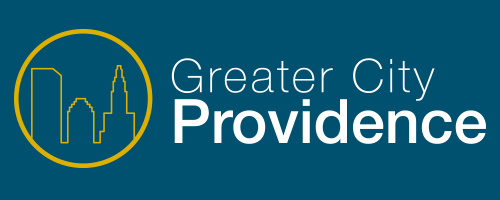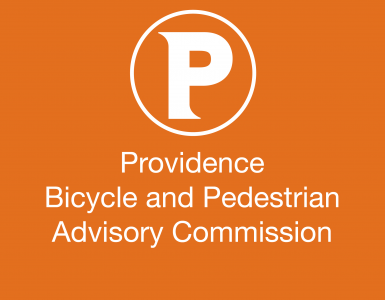
Image from I Make Rotterdam
 Rotterdam’s Crowd-Funded Pedestrian Bridge [The Pop-Up City]
Rotterdam’s Crowd-Funded Pedestrian Bridge [The Pop-Up City]
The International Architecture Biennale Rotterdam (IABR) and Rotterdam-based architecture firm ZUS have launched the project I Make Rotterdam, a spectacular temporary pedestrian bridge between the city’s Central and the North districts that will be financed through crowd-funding.
The Good (City) Life: Why New York’s Life Expectancy Is the Highest in the Nation [Good]
Most of us take for granted that urban dwellers are more stressed than country dwellers. Hey, it’s even proved by science! Not only that, their day-to-day existence is polluted, crime-ridden, and filled with hedonistic temptations. So they must have lower life expectancies, right? Wrong. In fact, the latest data from the Bureau of Vital Statistics shows New York City-my hometown-has the highest life expectancy in the country. Babies born in 2009 can expect to live a record 80.6 years. That’s almost three years longer than a decade ago, and more than two years longer than the current national average of 78.2 years.
Between the Lines [Los Angeles Magazine]
That prized garage space or curbside spot you’ve been yearning for may be costing you-and the city-in ways you never realized. A journey into the world of parking, where meter maids are under siege, everybody’s on the take, and the tickets keep on coming.
“Cities Are Making Us More Human” [The European]
More than 50 percent of the world’s population now live in cities – and there is no end of urbanization in sight. As opposed to the conventional wisdom, Harvard economist Edward Glaeser believes urbanization to be a solution to many unanswered problems, such as pollution, depression and a lack of creativity. He spoke with Lars Mensel about these many advantages.
The cost of auto orientation [Better Cities & Towns]
In the United States we’ve proceeded for sixty years with reconfiguring our public spaces to accommodate the automobile. The built in assumption of this approach, especially when it comes to commercial property, is that the more cars driving by the better. What we’ve overlooked in our haste to “modernize” is the lower return on investment we get from this approach, even under ideal conditions. Today we need the humility to acknowledge that our ancestors — who built in the traditional style — may have known what they were doing after all.





Add comment